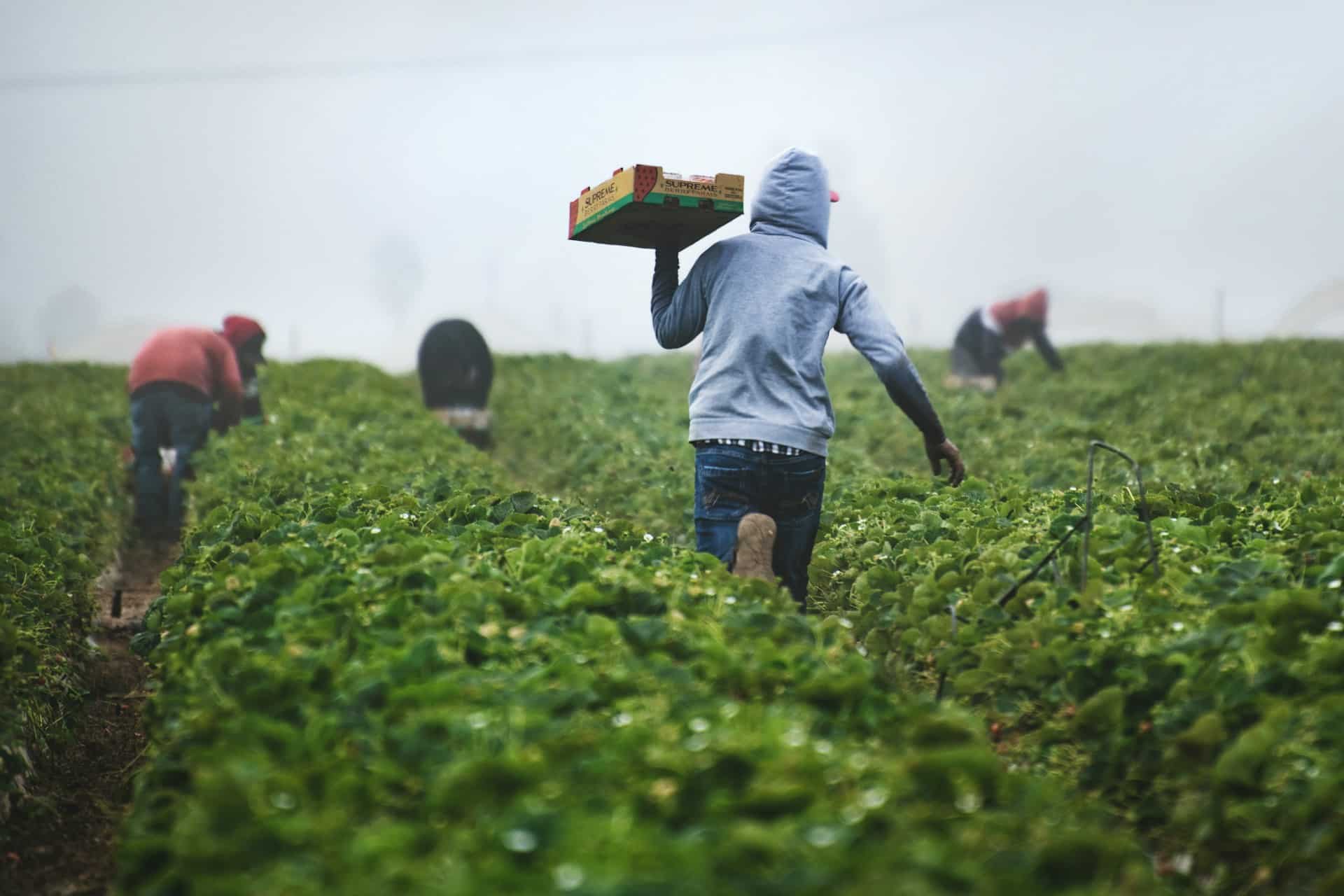The business opportunities in urban farming and agritech

In recent years, urban farming and agritech have become buzzwords within the sphere of sustainable development and entrepreneurship. As populations in urban areas continue to swell and environmental concerns garner more attention, a growing number of innovators and investors are turning their sights towards agriculture technology, or agritech, as a means to address food security, economic growth, and environmental sustainability. For those of you considering a venture into this burgeoning field, the opportunities are ripe for the picking, and this article aims to shed light on the potential that lies within.
Understanding Urban Farming and Its Significance
Before delving into the business opportunities, it’s vital to grasp what urban farming entails and why it’s gaining traction. Essentially, urban farming is the practice of cultivating, processing, and distributing food in or around urban areas. This includes a range of activities such as growing fruits, vegetables, and herbs, raising bees for honey, and even aquaculture within city confines.
In the same genre : The business of renewable energy: trends and opportunities
Urban farming is more than a trendy movement. It’s a response to the growing concerns about food security as urban populations increase. Traditional rural farming faces challenges such as climate change, limited land resources, and the need for sustainable practices. Urban farming offers a promising alternative, bringing food production closer to consumers and making use of underutilized urban spaces.
Agritech Innovations Driving Urban Farming
Agritech refers to the application of technology in agriculture to increase efficiency, yield, and profitability. Innovations in this sector have been game-changers for urban farming. From precision agriculture to vertical farming, technology is enabling farmers to grow more with less and in places previously considered unsuitable for agriculture.
In parallel : Discover the invaluable opportunities offered by truck driving jobs
One of the most significant advances in agritech is the development of smart farms. These are facilities that use Internet of Things (IoT) devices to monitor plant health, soil conditions, and environmental factors, automating many of the processes that were once labor-intensive. Similarly, vertical farming, which involves growing crops in stacked layers, often indoors, maximizes space and can be integrated into urban infrastructure such as buildings and warehouses.
Market Potential for Urban Farming and Agritech
With the stage set for urban farming to thrive, let’s examine the market potential. As of today, the demand for locally grown food is skyrocketing, and consumers are more conscious than ever about where their food comes from and how it’s grown. This presents a massive opportunity for urban farmers and agritech entrepreneurs.
Urban farming can be quite profitable. As supply chains shorten, the cost of transportation and storage drops, leading to fresher produce and potentially lower prices for consumers. Additionally, urban farming operations can diversify revenue streams by offering educational programs, tourism, and by selling byproducts like compost.
Strategic Partnerships and Community Engagement
Entering the urban farming and agritech industry isn’t just about technology and market trends; it’s also about building strong relationships. Strategic partnerships with technology providers, local governments, and community organizations can be crucial. These alliances can lead to shared expertise, access to funding, and increased community support.
Community engagement is equally important, as urban farming often requires a social license to operate. By involving local stakeholders and residents in the process, businesses can ensure that their operations are welcomed and supported, which can lead to a more resilient and integrated urban food system.
Scaling Up Urban Farming for the Future
Lastly, if urban farming and agritech are to truly transform urban landscapes, they need to be scaled up. This involves not only increasing the number of urban farming operations but also ensuring they are economically viable and environmentally sustainable in the long term.
Scaling up will likely require policy support, such as urban agriculture zoning and subsidies for sustainable practices. It also means continuously innovating and adopting new technologies to increase productivity and reduce the environmental footprint. As these practices become more mainstream, urban farming and agritech could significantly contribute to urban resilience and food security.
In conclusion, urban farming and agritech present a fertile ground for entrepreneurs looking to cultivate a business that’s both economically viable and environmentally sustainable. By understanding the significance of urban farming, embracing agritech innovations, tapping into the market potential, forging strategic partnerships, and planning for scale, you can harvest the benefits of this growing field. The opportunities in urban farming and agritech are not just about feeding cities but about nurturing communities and economies in a way that’s harmonious with the Earth. As the world continues to urbanize, those who invest in these practices now will likely be at the forefront of a significant agricultural transformation.
